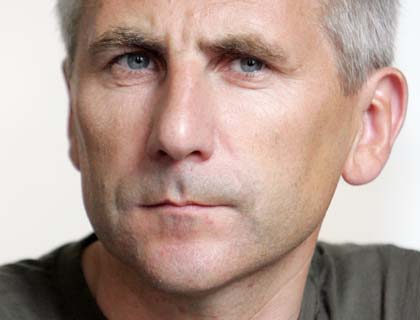BRUSSELS - European Union Special Representative Vygaudas Ušackas on Wednesday noted positive changes in Afghanistan, saying at least 65 percent of the population had access to basic health care from a mere nine percent in 2002.
Significant measures had been taken to tackle widespread illiteracy and Afghanistan had a huge potential through economic development, he said during a European Parliament debate in the Subcommittee on Security and Defense.
The ambassador, however, acknowledged the challenges ahead were still considerable. He identified security issues, corruption, lack of respect for human rights and women's rights as the key problems Afghanistan was still facing.
He said: "Transition gains are evident, but fragile and reversible and can only be successful if based on pillars of governance. If transition is to be successful it needs to be politically driven. Currently, the military is giving the space back to where it belongs - to political actors."
Ušackas added the EU and its member states would continue supporting Afghanistan far beyond 2014, when foreign combat troops would leave the country.
He called for the Afghan government to take further steps in implementing necessary reforms on good governance, rule of law and human rights.
“For the first time, international commitments are conditional and based on Afghan capacity and depending on their willingness to hold credible and transparent elections with a legitimate outcome in 2014,” the envoy explained.
Ušackas explained the war might end by the close of 2014, but extremism, radicalism, illiteracy and poverty might persist. “We all have to draw lessons from the past. We cannot afford to repeat the mistakes of 1992.
“We have to demonstrate staying power and continued support for Afghanistan through the transformation decade. We will have to learn to do more for less. To do it with the greater support of regional neighbors, led with confidence and vision by the Afghans. Our Afghan partners must take their commitments much more seriously. There is no more room for complacency." (Pajhwok)

